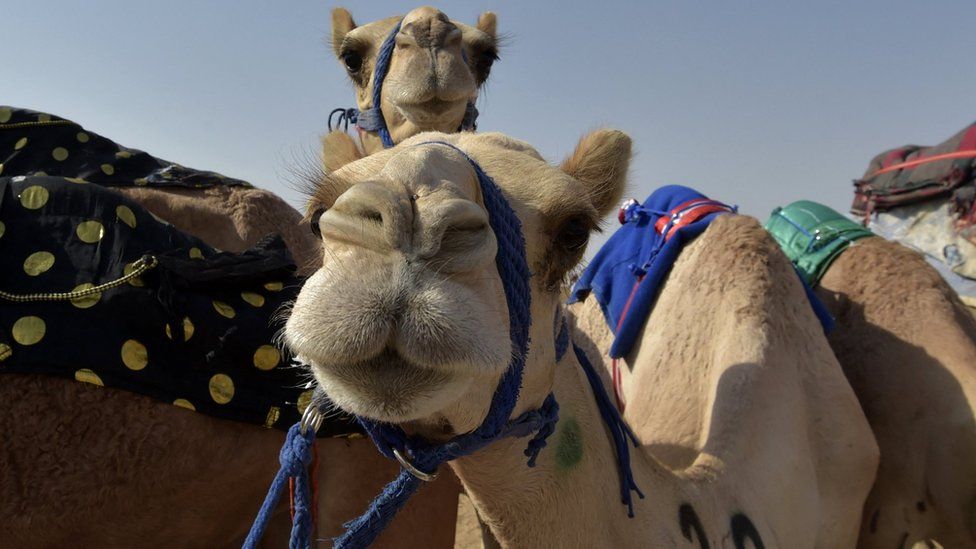Helen Zughaib (/zəˈɡeɪb/ zə-GAYB; born 1959) is an American painter and multimedia artist living in working in Washington, D.C. She was the daughter of a State Department civil servant. Her family left Lebanon in 1975 due to the outbreak Lebanese Civil War, and moved to Europe as a teenager, attending high school in Paris. She studied at Northeast London Polytechnic School of Art.
She moved to the United States to study visual and performing arts at Syracuse University graduating in 1981 with her BFA. She first learned about gouache paints at SU and continues to use gouache as her primary medium, but also creates mixed media installations. Her themes are centered around hopefulness, healing, and spirituality, using visual arts to shape and foster positive ideas about the Middle East.
She has served as cultural envoy to Palestine, Switzerland, and Saudi Arabia. She has also been selected for the 2021-2023 inaugural social practice residency by the John Kennedy Center in Washington D.C.






















